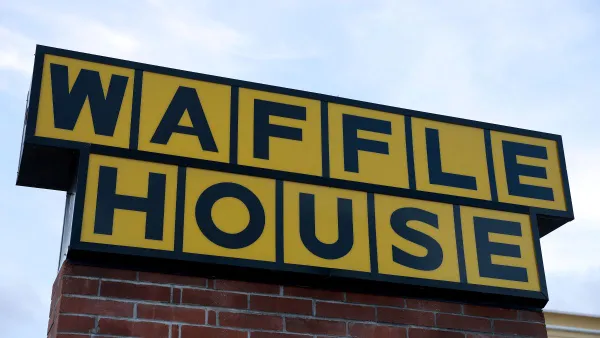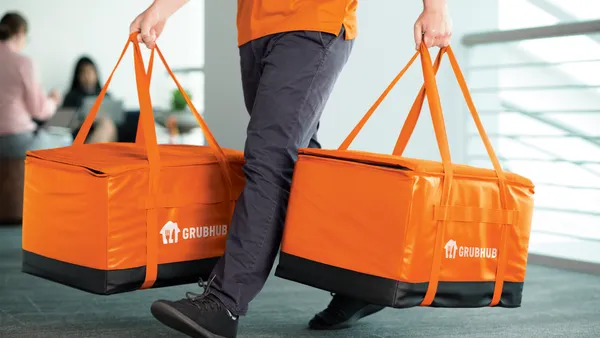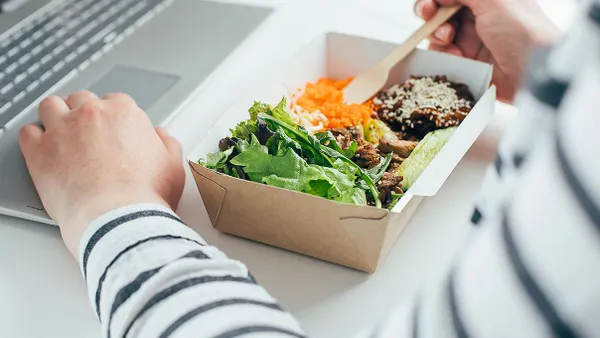Dive Brief:
- Mobile apps facilitate 60% of digital restaurant orders, but 86% of users will stop using an app within two weeks of their first use, according to a new report from CleverTap.
- Only 22% of new users on each delivery app will continue to use the app within the first week, while 54% of users completely uninstall the app within the first month.
- This consumer churn rate is being driven by low barriers to entry into the app space and growing competition, CleverTap's Global Head of Marketing Almitra Karnik said in a release.
Dive Insight:
Though these figures are discouraging for app developers, diner demand for delivery is still growing strong, making space for future opportunities.
A recent survey of 2,000 QSR and fast casual customers indicated that a whopping 83% of them would pay as much as $5 in delivery fees. They also showed that speed is the key factor, with only 20% of diners willing to wait more than 40 minutes for their food. This could explain some of the non-committal trends among delivery app users, as they continue to hunt for the best offerings with the quickest times and lowest fees.
If there is one model student in the delivery app space, it’s likely Uber Eats. The app claimed the title of most downloads among its food delivery rivals in 2018, with Zomato and Swiggy following close behind.
Meanwhile, some delivery apps are trying to differentiate by targeting specific locations like hotels and airports where users are often scrambling for food choices or stuck looking for a meal during non-traditional dining hours. DoorDash, for example, is now offering delivery in partnership with Wyndham Hotels, and Uber Eats is now serving up a broad range of delivery options at Canada’s Toronto Pearson airport in partnership with HMSHost.
There have also been some casualties in the food delivery sector, with Amazon Restaurants recently bowing out of the delivery space, conceding to the major players like GrubHub, DoorDash and Deliveroo. McDonald’s is also rumored to be exploring an end to its exclusivity with Uber Eats, seeking lower fees for its restaurant operators in the U.S. that include a lower commission rate. Many franchisees across different QSR brands have made some grievances about delivery apps known, citing high commission fees as the main reason why the delivery game is just not worth their time.













